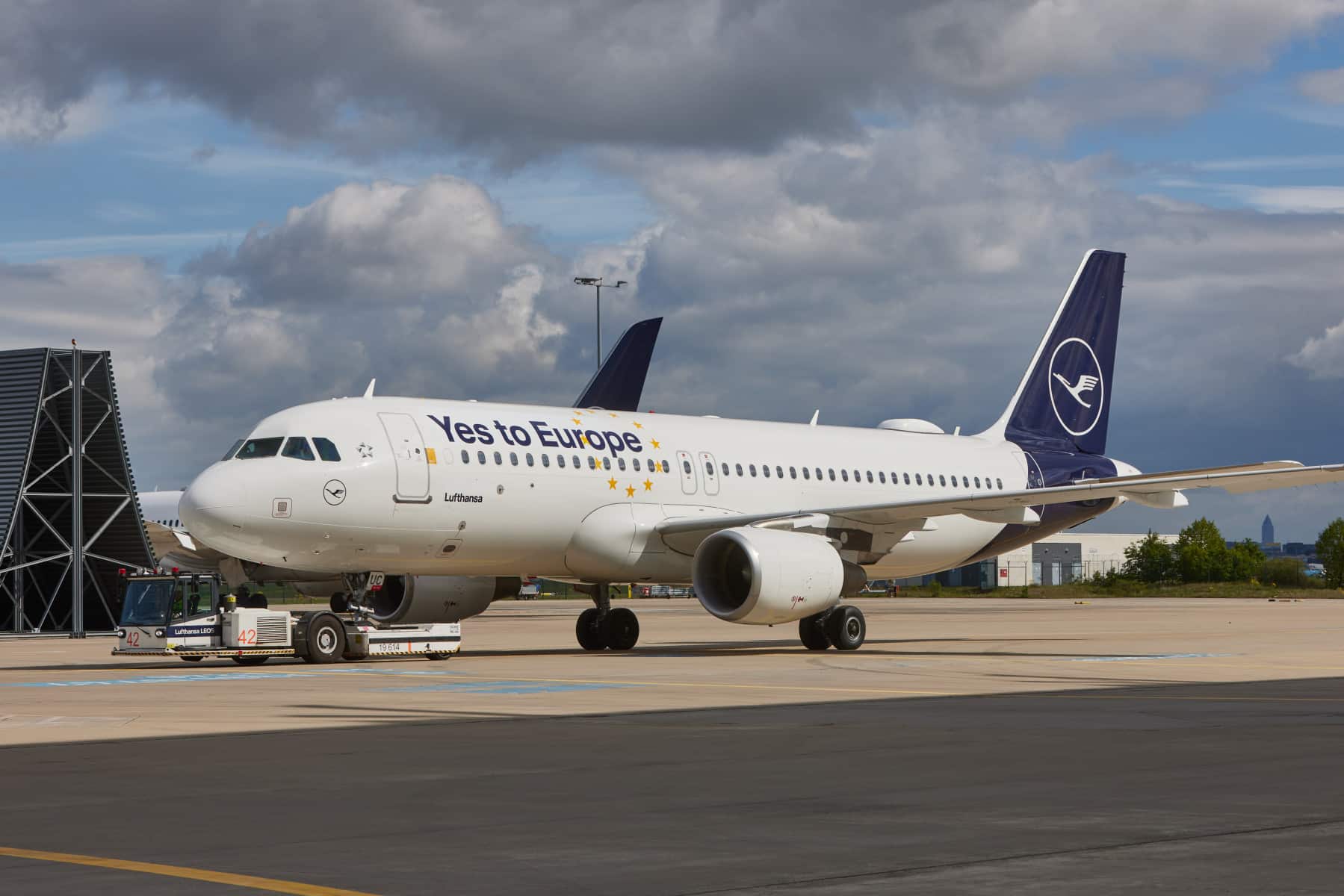By Steven Swinnen – Translation André Orban

It is with a much puzzled mind, short nights and high phone bills, but Brussels Airlines remained on the ground for only two days. Now that Brussels Airport is in ruins, our national pride goes into exile in Antwerp, Liege, Zurich and Frankfurt. Friday 90 of the 220 of the scheduled flights were carried out. “A tough feat.”
Brussels Airport, Tuesday, 08:30. It’s almost Easter and for Brussels Airlines this represents one of the busiest weeks of the year. Day after day, more than 20,000 passengers spread over 220 flights. But two bombs have just destroyed the check-in and the ticket desk of our national airline. No flights anymore. Tuesday 180 flights were cancelled. Wednesday none of the 230 planned flights took off.
Meanwhile a twenty-member strong crisis unit works in the basement of the main building of Brussels Airlines to put together a contingency plan. Led by sales director Philippe Saeys-Desmedt, the extremely complex puzzle called ‘schedules’ – which is usually prepared six months ahead – is set up again. With one huge handicap: no plane will take off from Zaventem this week.
Brussels Airlines has chosen to spread its aircraft and personnel across four other airports. In Antwerp and Liege as many European flights as possible will be departing and landing. For long haul – in which many travellers are passing through Brussels only in transit – the company chooses Zurich and Frankfurt. In the control towers too, people are not turning their fingers. And so Brussels Airlines is negotiating to grab as many slots – the time period during which an aircraft can takeoff or land –as possible. “A tough job to do that for four airports,” said Saeys-Desmedt. “Everywhere there are other rules. Antwerp and Liege are open only with limitations. At Zurich you cannot land between 22:00 and 6:10 pm. So you have to be creative. So we are now trying to get our aircraft from Africa on Swiss soil at 06:11, to seize opportunities wherever possible.”
Lifeline
“But landing slots alone are not enough. You should also get permission to park an aircraft and unload luggage. It is renegotiated each time and often start from zero and rearrange everything.” African governments must then give permission to suddenly fly on other days, the authorities in Germany and Switzerland must give the green light for passengers with transit visas for Brussels to board in their respective countries. Every two hours, the crisis unit meets to review all parameters for the umpteenth time. And then there are the pilots and cabin crew, who are now being brought by plane from here to Zurich and Frankfurt. They, however, are reaching much faster their mandatory rest period, so they should be replaced with a stopover in, say, the Ivorian capital, Abidjan. Catering, cleaning crew, front desk staff, maintenance technicians: everything and everyone is now spread across four airports. Passengers flying to Zurich for their ‘real flight’. Dozens of buses transfer passengers to Antwerp, Liege and Frankfurt. 150 call center employees worry about the fate of every traveller. If Brussels is not their final destination, then there are also flights booked with other carriers. And thus we succeed. Thursday Brussels Airlines flew another 70 flights, Friday there were already 90. “We manage to operate most of the long haul flights – our lifeblood. Within Europe, we are at about 40%. We try to keep as many of our destinations as we can. But because of the circumstances we now fly for example daily, but two instead of four times to Rome. At such destinations many bookings from business people are still cancelled.”
“No team building needed”
At least until next week it will be everyone at work, down in the basement of the main building. “But it’s a necessity,” realises Saeys-Desmedt. “The ash cloud, strikes, fire or coups in Africa, we were already quite used to that. But suddenly switch from one to four airports, is yet another matter. What we do in Europe, not many others can do, you know.” The spirit among the staff is also incredible. Even the CEO continues every day 20 hours on his post at the crisis center, many of his colleagues follow his example. “The cost for team building anyway we can already save this year.”
This article was written by Steven Swinnen, a journalist with Belgian newspaper Het Laatste Nieuws. www.luchtzak.be has been given permission to share this article.


![[Pics] Amare takes flight: Brussels Airlines and Tomorrowland unveil augmented reality livery on new Airbus A320neo](https://www.aviation24.be/wp-content/uploads/2024/04/Amare-2024.jpg)
